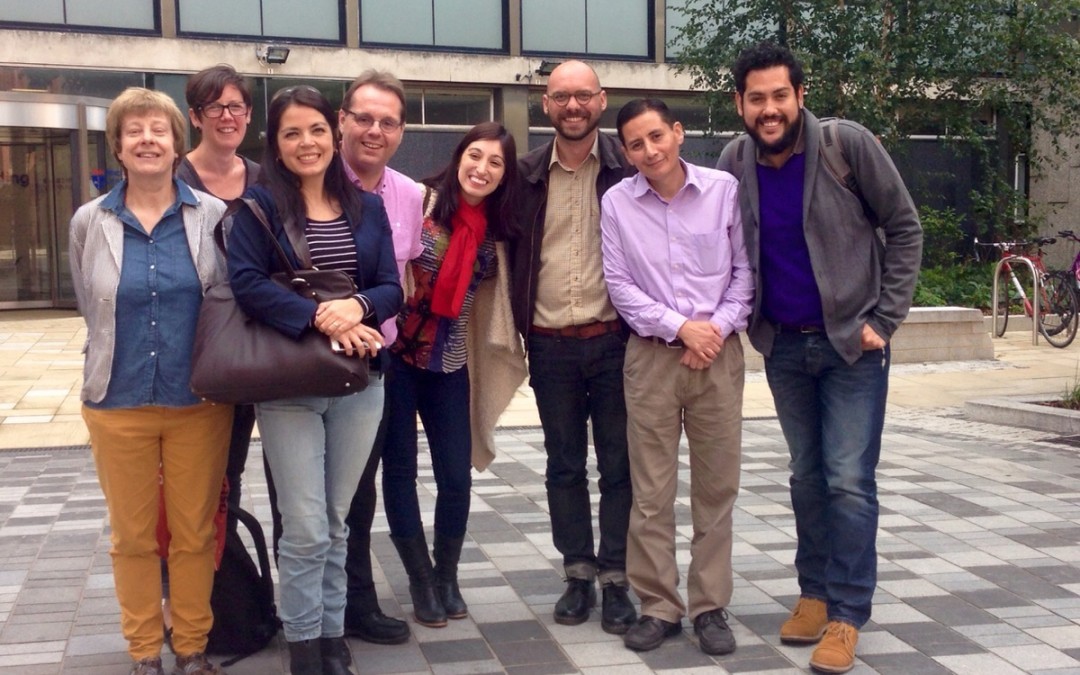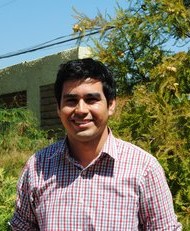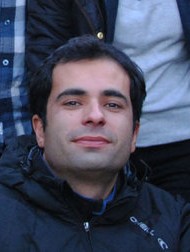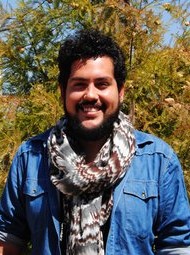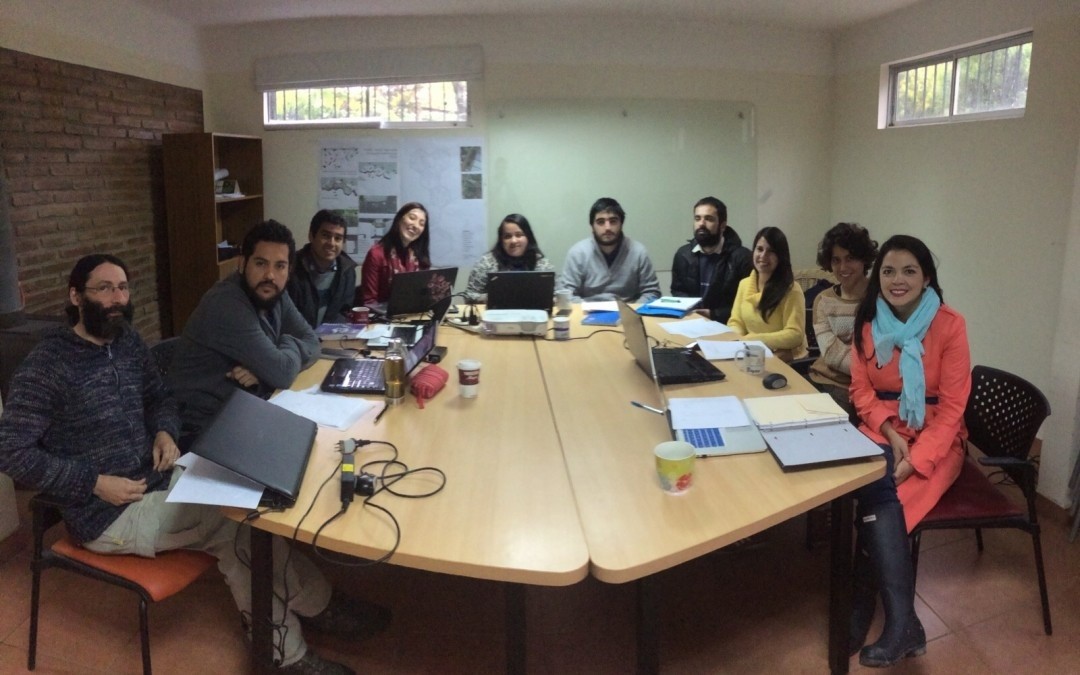Centre for Rural Economy (CRE)
The Centre for Rural Economy (CRE) was founded in 1992 recognising that the future prosperity of rural communities will rely less on agriculture but instead on the success of businesses in many sectors, and on people’s capacity to shape their own future through ‘networked rural development’ and ‘place-shaping’, supported by an enabling state. This approach is now widely accepted internationally.
The CRE specializes in interdisciplinary social science and applied policy research oriented towards the achievement of sustainable development in rural areas. Drawing on a team of over 30 social scientists from diverse academic backgrounds it is one of the most significant social science groupings within the Newcastle University.
CRE has led the way in painting an up-to-date picture of contemporary rural life researching the mechanisms that shape rural economies and societies, focusing on the tensions between endogenous and exogenous forces: i.e. the internal dynamics of businesses, households and communities and the external social, economic and natural forces that impact on them.
Recent work includes directing the £25m Rural Economy and Land Use (Relu) Programme, aimed at developing practical, research-based, options for the future of Britain’s countryside. CRE staff and associates have provided advice to governments and engaged with practitioners in the UK and forged close links with international colleagues (notably US, Japan, Korea, Norway, Finland, Ireland, other EU countries and in Sub-Saharan Africa).
CRE’s work exemplifies the core values of: excellence with a social purpose; inter-disciplinarity; research leadership; and knowledge exchange and co-inquiry. CRE was one of three research centres entered under unit 31, Town and Country Planning, in the 2008 Research Assessment Exercise. This submission achieved one of the best distributions of grades throughout the whole of Newcastle University and was identified as world leading.
From left to right
Marian Raley (CRE Researcher)
Katie Aitken-McDermott (PhD student-CRE)
Roxana Lebuy (project director, CERES)
Guy Garrod (CRE Researcher)
Isabel Gonzalez (Project coordinator, CERES)
Menelaos Gkartzios (Project Director CRE)
Jorge Altamirano (PhD student CRE)
Bryan Gonzalez (project Alternate Director, CERES)
Centro Regional de Innovación Hortofrutícola-CERES team
The Regional Innovation Centre for agriculture of Valparaíso-CERES is a regional center of scientific and technological research that is part of a national network of thirteen regional centers established by the National Commission for Scientific and Technological Research CONICYT. The center is funded in part by CONICYT and partly by the Regional Government. The CERES center was created in 2011 under the wing of the Catholic University of Valparaiso.
CERES general objective is to develop sustainable food systems that provide healthy food and progressively reduce the negative impacts on the territories of the region. The Ceres Center works with systems approach, through research and innovation programs whose ultimate goal is to develop and implement strategies that signify an effective contribution to good living in rural areas of the region of Valparaiso.
Ceres has 4 main research programs:
The Biological Soil Restoration Program, which aims to create conditions for farmers and other stakeholders understand the complexity of soils and ecosystem services they generate for the sustainability of the territories and their economic and social value.
The insect Territorial Management Program was created to strengthen the responsiveness of agro-ecosystems to insect population increases in a context of progressive reduction in the use of chemicals in agriculture.
The “Managing Transitions to Sustainability” Program develops and implements practical management methods and governance, together with the other programs, to build innovation networks that impact and to manage transitions to the sustainability of regional agriculture.
Finally the “Landscape, Territory and Rural Development” program aims to generate proposals for land use planning for sustainable development of rural areas, integrating diverse perspectives of current interest on rurality and development, such as multiple land use, the rescue of traditions, wealth creation, and participatory work with the community, among others.
It is the latter program who developed the idea of this project, as part of their quest to develop strategies for sustainable development of regional rural territory. To this end the program deemed necessary alliance with an institution to lead research in rural economy and community participation, as is the case of the Centre for Rural Development of the University of Newcastle. For the project, the program formed a team of professionals from different areas related to the rural reality: geographers, agronomist, architect, anthropologist, psychologist and an environmental engineer.ordinadora Científica.
Roxana Lebuy Castillo
Director of the project in Chile and in charge of the geographic scene dimension
Pablo Huerta Ureta
In charge of territorial spatialization of information and coordination of field work





